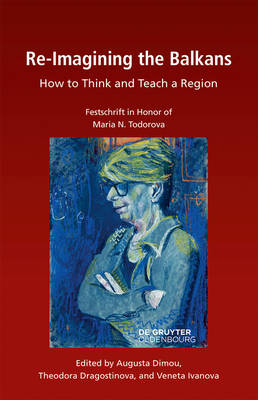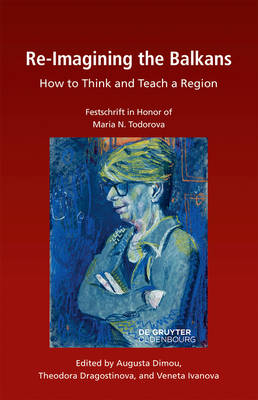
- Retrait gratuit dans votre magasin Club
- 7.000.000 titres dans notre catalogue
- Payer en toute sécurité
- Toujours un magasin près de chez vous
- Retrait gratuit dans votre magasin Club
- 7.000.000 titres dans notre catalogue
- Payer en toute sécurité
- Toujours un magasin près de chez vous
Re-Imagining the Balkans
How to Think and Teach a Region. Festschrift in Honor of Professor Maria N. Todorova
Description
Drawing inspiration from the work of Maria Todorova, Re-Imagining the Balkans displays the breadth of Balkan Studies today in twenty-nine chapters authored by a diverse, interdisciplinary group of scholars. The volume seeks to address how to incorporate the regions of East and Southeast Europe into broader scholarly trends and epistemological currents, while retaining local and regional expertise. The contributions include new research on historical legacies, (geo)politics, generations, memory, and cultural transfers, fresh methodological and historiographical interventions, and novel pedagogical insights. Collectively, the authors display cutting-edge knowledge, orient the general reader in the state of the field, and demonstrate the importance of Southeast Europe for the study of European, transnational, and global history.
Spécifications
Parties prenantes
- Editeur:
Contenu
- Nombre de pages :
- 426
- Langue:
- Anglais
- Collection :
- Tome:
- n° 168
Caractéristiques
- EAN:
- 9783111166421
- Date de parution :
- 08-05-23
- Format:
- Livre relié
- Format numérique:
- Genaaid
- Dimensions :
- 157 mm x 226 mm
- Poids :
- 907 g






